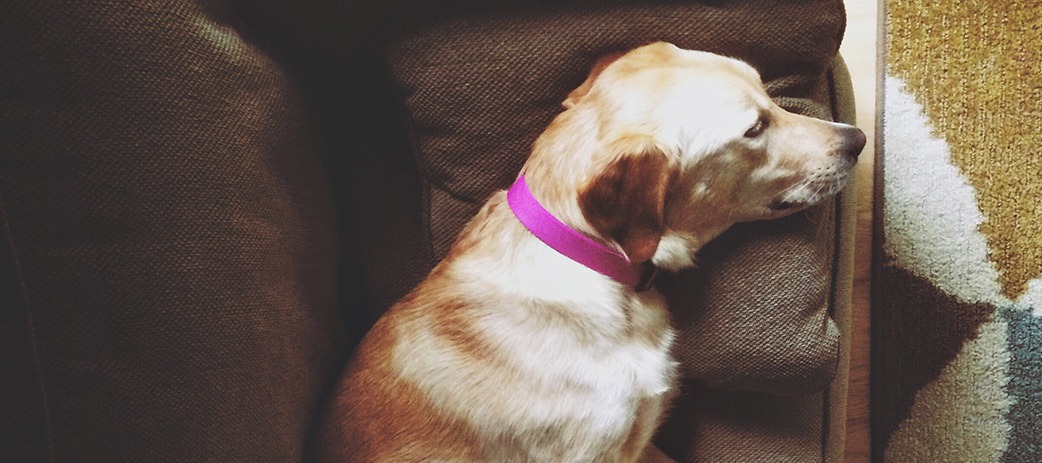Although countless organisations and individuals work tirelessly every day to end cruelty to animals, it still exists in our society, both in forms that are overt and others that may be harder to spot.
This Prevention of Cruelty to Animals Month, find out how you can spot the lesser-known signs of animal cruelty, who you can call if you suspect animal cruelty, and how you can ensure you’re a responsible pet parent.
What is animal cruelty?
According to the Animals Protection Act, cruelty to animals is defined as ill-treating, torturing, or terrifying any animal, along with confining, chaining, or securing any animal unnecessarily. Included in the Act is starving, underfeeding, or denying access to food and water, and not taking the necessary precautions to prevent injury or disease.
It’s clear that animal cruelty takes many forms, and not all of them are obvious. Here are some of the lesser-known signs to look out for:
- Lack of medical care. If an animal is underweight, limping, has ticks or fleas, congested eyes or ears, or is in visible physical distress and their owner does not get them veterinary attention, this is animal cruelty. Although vet bills can be pricey, pet owners have a responsibility to ensure their pet isn’t in unnecessary pain.
- The animal seems to be abandoned. If you hear excessive barking from the same dog in your neighbourhood, it could be an indication that the owner regularly leaves their dog alone for long periods – which would also mean they lack access to food and clean water.
- Abnormal behaviour. There are kind souls who adopt dogs who have had a difficult past and may be anxious or fearful, so this isn’t always a sign of current abuse. If, however, you notice a dog’s neuroses become worse over time, it could be a sign of mistreatment.
- Hoarding animals. Laws in South Africa differ by municipality, but most follow the restriction of a maximum of four dogs in metropolitan areas (but only if the property they are housed in is over 600m2). Those who live in rural areas may have up to six dogs.
What to do if you suspect animal cruelty
If you suspect someone in your community is perpetuating dogfighting or cruelty to animals, never address the situation yourself. Dogfighting is associated with underground crime rings and can bring in hundreds of thousands of Rands for dogfighters – so you could be putting yourself in danger by getting directly involved.
Do not post about the abuse on your local Facebook or WhatsApp group, as dogfighters are likely to be part of these groups too and may move locations to avoid arrest.
Instead, contact the AACL on 011 435 0672 or visit their website to fill out a report.
The AACL has branches in Johannesburg, Durban, Pietermaritzburg, Cape Town, Port Elizabeth, Ladysmith and Bredasdorp so are perfectly positioned to address cruelty cases across the country. They’ve been in operation since 1956 and are South Africa’s second-largest animal welfare organisation, saving the lives of countless dogs since their inception.
Are you a responsible pet owner?
The overwhelming majority of pet owners in South Africa love their pets dearly and treat them like family, but tragedy can strike at any time. As the Animals Protection Act describes, it is illegal to “fail to render or procure veterinary or other medical treatment” if you are able to access treatment for illness, accidents, or any other cause.
Along with this, the Act also states that it is a pet owner’s legal responsibility to put their pet down if they are “seriously injured, diseased, or in such a physical condition that to prolong its life would be cruel and would cause unnecessary suffering.”
Unfortunately, the reality is that many pet owners (who are otherwise wonderful pet parents) are financially unprepared for the vet bills resulting from accident or illness, leaving them with a difficult choice: If keeping a suffering animal alive is cruel, and you can’t afford treatment, there seems to be only one alternative – to put your pet down.
This is where pet insurance comes in. Much like medical aid for humans, pet insurance protects your finances while enabling you to access the treatment your pet needs, when they need it.
Our plans start from R77 per month to ensure all pet owners can access medical treatment for their pet, no matter their budget. Through ourclose relationship with the AACL, we pledge a portion of our clients’ first premium to feeding a shelter puppy for a month at the AACL – at no extra cost to you.
Want to become a great pet parent? Get your free online quote in under 5 minutes.



